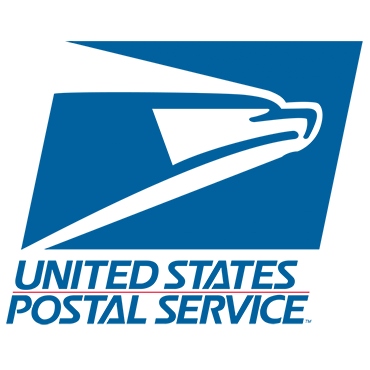USPS knocked for widespread Hatch Act violation

Watchdogs found that violations of federal law during the 2016 presidential campaign were the result of institutional practices that must be corrected.

While allegedly inappropriate political actions by White House appointees have drawn headlines in recent days, and new report from the Office of Special Counsel and the U.S. Postal Service's Office of Inspector General serves as a reminder that the Hatch Act applies to the rank-and-file as well.
The watchdogs found that the violations of the law, which limits the political activities of most federal employees, took place at the Postal Service during the 2016 presidential campaign are the result of the institutional problems at the agency.
The OSC and the USPS IG reported that 97 postal carriers were granted requests for unpaid leave by postal officials, and later reimbursed by the political action fund of the National Association of Letter Carriers, in order to campaign for its preferred presidential candidate, Hillary Clinton, and for various down-ballot candidates, in the lead-up to Election Day 2016.
OSC determined that USPS management “took official actions to enable [the union’s] political activity.”
Although the offending postal workers were not paid by USPS for their time off, USPS incurred overtime costs to other carriers to cover the time taken off by those engaging in political activity.
Both OSC and USPS OIG conducted reviews looking into the complaint, made by Wisconsin-based postal employee Timm Kopp.
In all, the OIG investigation revealed that 97 employees across 92 facilities took more than 2,700 days off between September and November 2016, with 82 percent of the time taken in six states: Florida, Nevada, North Carolina, Ohio, Pennsylvania and Wisconsin.
The investigation sampled 22 of the facilities and found USPS ultimately paid out net overtime costs of $90,682 due to carriers taking extended periods of leave without pay.
The OSC’s report stated this practice is “long-standing, going back many election cycles, and perhaps started in the 1990s.”
At a July 19 Senate Homeland Security and Government Affairs Committee hearing, Kopp testified that his motivation in bringing -- in the verbiage of the OSC -- “the systemic violations of the Hatch Act” to light was not partisan in nature.
“The union is always involved highly in political activities,” he said. “I did not want it to be a partisan thing, by no regards. I wanted it to be a thing where the general public does not lose faith in the integrity of the Post Office.”
Acting OSC Special Counsel Adam Miles noted that while the investigation uncovered institutional concerns, “the evidence does not support a finding that USPS officials sought to assist NALC’s favored candidates in achieving electoral success.”
“USPS engaged in this practice to engender goodwill with the union, and while that’s a laudable goal, as a federal entity, the USPS must remain politically neutral,” he said, adding that USPS has agreed to comply “with the letter and the spirit” of the law.
OSC’s report stated it would not seek disciplinary action against individuals, but stressed that agencywide corrective actions needed to be taken.
Postmaster General Megan Brennan testified that “in order to prevent any future violations of the Hatch Act, I want to give this committee my complete and unconditional commitment that [USPS] fully accepts and will fully implement all the recommendation of the OSC.”
Ranking Member Sen. Claire McCaskill (D-Mo.) said, “while I find it shocking that the USPS practice has persisted as long as it has, I’m really encouraged that [USPS] has chartered a path forward.”
Chairman Sen. Ron Johnson (R-Wis.) added, “one of the good news stories is that there was no retaliation” against the whistleblower in this instance.


